Taken from – DailyMirror
Two economists recently vacillated between the current suppression strategy practiced by the Sri Lankan government by way of curfews and lockdowns and a mitigation strategy practiced in some East Asian countries to see which offered the best way forward to stem the spread of COVID-19 while keeping the economy humming.
According to Dr. Nishan de Mel of Verite Research, the current suppression strategy has taken a greater toll on the humans and the economy of Sri Lanka, but the mitigation strategy followed by Singapore, Taiwan and Australia has enabled them to contain the spread of the virus while keeping their economies ticking.
“I want to argue that management of COVID-19 is fundamentally or so on economic strategy. I think we can’t run a suppression strategy in Sri Lanka for two reasons. If you run a suppression strategy, you got to have a vaccine and you will have to run it with either curfew or even with further suppression which the government is currently contemplating. That may be unsustainable and economic casualties may pile up quite fast in a way that it cannot be managed. And the duration which you have to run it is too long,” said Dr. de Mel taking part in an online discussion organized by free market think tank Advocata last week.
He advocated for a certain level of economic activity to take place under a mitigation strategy, where the spread rate is more than one, whereas under suppression strategy the spread rate is less than one or zero. Spread rate is how many one infected person could infect.
According to the calculations based on a spread rate of 1.5, which Dr. de Mel assumes as a sustainable spread rate where the country’s heath sector will be able to cope with, Sri Lanka’s peak in infections would come in 253 days or little less than 9 months.
“If you manage a mitigation strategy with a spread rate of 2.0, the peak will come in 143 days. This level might still be manageable,” he said running a few scenarios with higher spread rates.
Even with the highest spread rate of 3.5 as seen in the initial days in Italy, it will take 66 days for Sri Lanka to reach its peak infection.
“So, I think Sri Lanka first has to make a strategic decision on whether it is really trying to achieve suppression, in which case are we prepared to be in curfew for 9 months or more till a vaccine is out and deployable in the country. If not, what is the mitigating strategy we have to run and can we keep calibrating it to be able to cope with the healthcare system,” Dr. de Mel queried. Under the mitigation strategy he also showed how the spending on mitigating the spread could help the economy and create jobs by way of building more hospitals, face masks, getting civilians to run quarantine centres and adding more people in the food supply chains, such as delivery personnel.
By this way he said the impact on the economy would be lessened. However Razeen Sally, a professor at the Lee Kuan Yew School of Public Policy at the National University of Singapore said there is no silver bullet to the problem and one should be cautious in applying a template without having a deep understanding of one’s local context.
“While I think a lot of good lessons can be learned from Singapore, Taiwan and elsewhere, I don’t think it’s to the point of saying that we can follow their kind of staggered strategy rather than having a full lockdown.
If you look at the West, this dramatic move from mitigation to suppression shows that continuing with a mitigation strategy would have resulted in far too many deaths and overwhelmed health systems. It’s politically unsustainable apart from anything else. So, local context matters and one has to extracts lessons from abroad selectively,” said Professor Sally adding that mitigation strategy offers a country a trade off between the suppression and its consequences on the economy.
